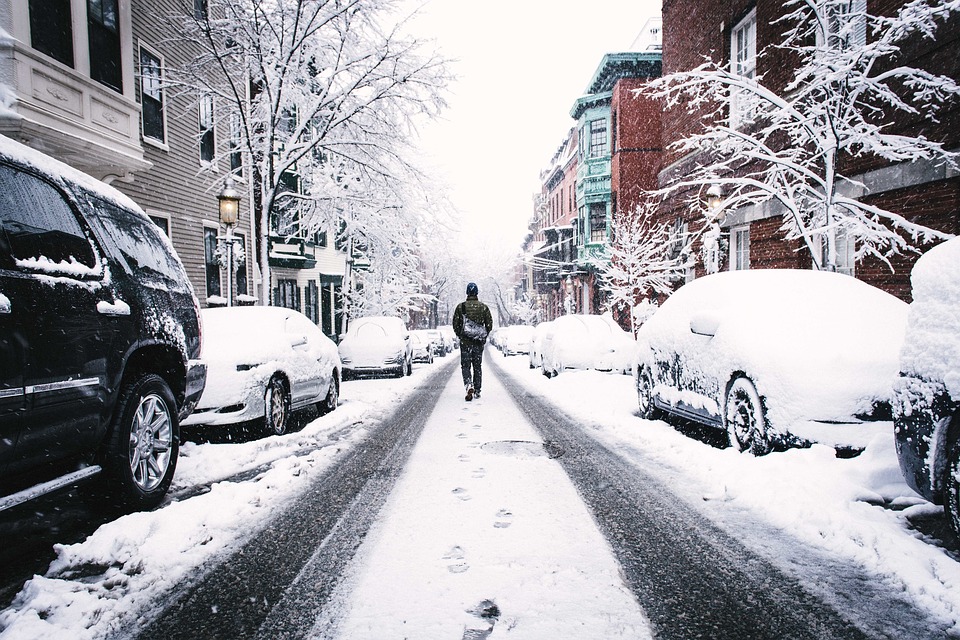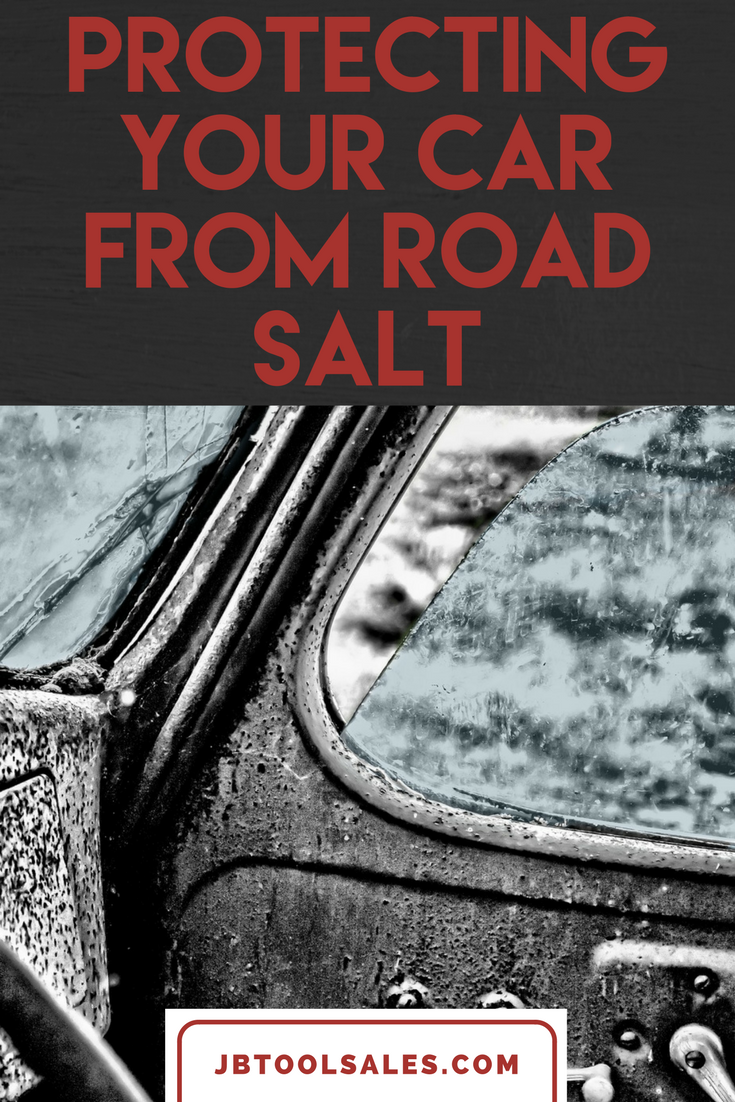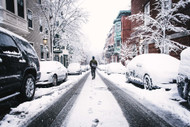Protecting Your Car from Road Salt
5th Jan 2017

Salt is often spread across roads, bridges, parking lots and other paved surfaces during winter to melt ice and improve driving conditions. Water typically freezes at 32 degrees, which can turn an otherwise safe road into a major driving hazard for motorists. Thankfully, salt lowers the freezing point of water, allowing it to withstand low temperatures without freezing. Furthermore, salt has the ability to melt already frozen patches of ice.
But the problem with road salt is that it tends to cause cosmetic damage to cars, trucks and vehicles. This damage typically occurs on the exterior, making the vehicle more susceptible to rusting and corrosion. Nonetheless, it's still something that most drivers want to avoid, especially if you have a new vehicle.
Wash it
The single most important step in protecting your car from road salt-related damage is to wash it after exposure. Even if you don't see it, there's a good chance that your car has a thin layer of salt covering its surface. Over time, this salt will eat away at the paint, encouraging rust and corrosion.
If you live or drive in an area where road salt is commonly used, try to get into the habit of washing your car at least once every week. This may seem excessive, especially if your car isn't "dirty," but it's still an important step in maintaining a clean car while protecting it from salt-related damage.
Park in the Garage
While not always an option, you can further protect your car from road salt by parking in the garage. When cities and municipalities spread salt across roads, the salt often ends up in driveways -- and if your car is parked in the driveway, it will probably receive at least some of this salt. Parking in the garage is a simple yet effective way to protect your car from road salt.
Watch Where You Drive
You should also be conscious of where you drive during the winter months. Salt tends to accumulate in pot holes and puddles of standing water. Therefore, conventional wisdom should tell you that it's best to avoid driving over these area.
And if you are forced to drive through an area in which salt has accumulated, be sure to wash your car afterwards. Following these otherwise simple steps can make a world of difference in protecting your car from road salt and related damage.


